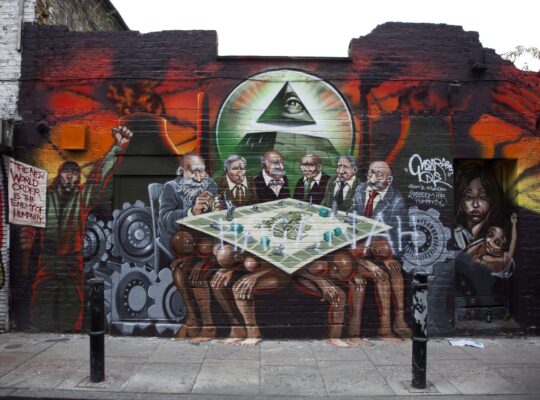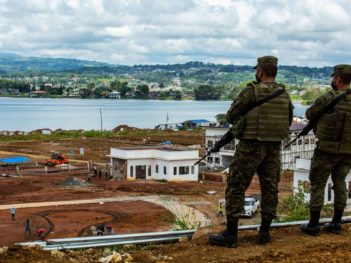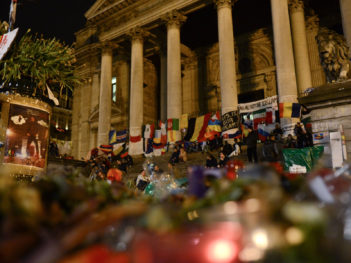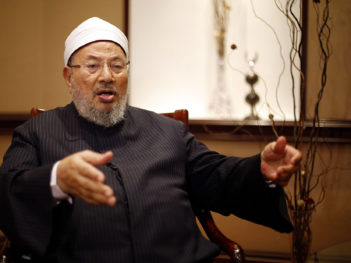
Extremism

The First Lady of Jihad
She was one of the earliest keyboard warriors, who harnessed the power of the internet, sending men and women to their deaths in the cause of jihad, shedding much blood both at home and abroad.

Humanity's Oldest Hatred
Antisemitism is back in vogue. What is especially worrying this time is how many seek to downplay it or repeat its tropes without realizing it.

The Fallout of a Failed Jihadist Insurgency in the Philippines
The battle for control of the Philippines’ “Islamic City” was a five-month nightmare in a town 5,000 miles from the dying caliphate of the Islamic State. Years later, its consequences are still being felt.

Filming for Redemption: An Interview with Dina Amer
Haunted by her complicity in slandering Hasna Ait Boulahcen as a suicide bomber, writer-director Dina Amer embarked on a seven-year journey to understand and depict Boulahcen’s life. “You Resemble Me” is the result. New Lines sat down for an interview with Amer to talk about the film.

From Afghanistan to Colombia, the War on Terror Has Failed
The war machine has learned to be more sustainable over time, to eliminate all alternatives to itself, to transform the monsters it creates into a justification for its own existence, to hide the costs of violence from the public and even itself.

From Afghanistan to Syria: The Deadly Legacy of Belgium’s Jihadists
The presence of Arab exiles in some of Europe’s greatest cities meant that these often complex events were framed in a language of anger and alienation that suggested the governments of both the West and East didn’t want to see a Muslim world, still reeling from colonization, rise up and challenge their authority. Given this atmosphere, it was easy for angry young men, far from their ancestral homelands, to become radicalized.

Yusuf al-Qaradawi Leaves Behind a Complex Legacy
Qaradawi’s edict on suicide bombings will be the focus of Western media. But the influential cleric will be remembered differently in the Muslim world, as someone who challenged conservative social mores.
